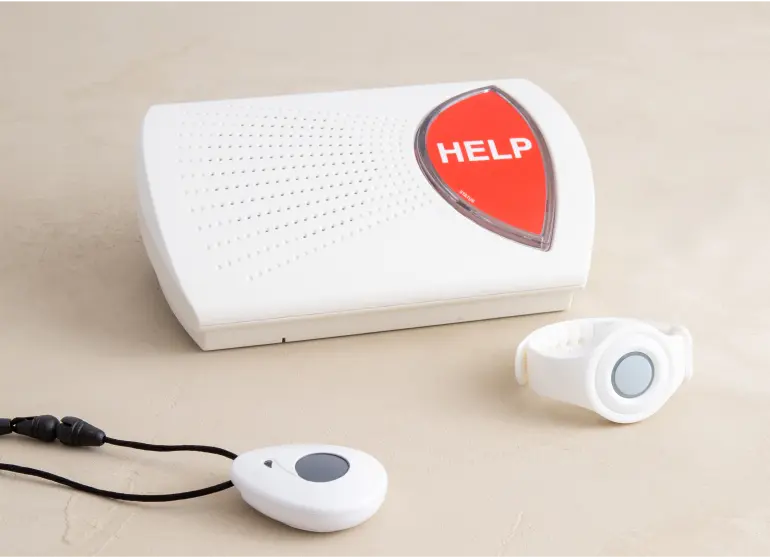A dementia care plan is a comprehensive, individualized approach designed to manage and address the needs of someone with dementia. This plan encompasses various elements, including medical care, daily living activities, safety measures, and support systems to ensure the well-being of both the individual with dementia and their caregivers. Understanding the necessity and components of a dementia care plan can significantly enhance the quality of life for those affected by this condition.
Why Do You Need a Care Plan?
Creating a dementia care plan is essential for several reasons. Firstly, dementia is a progressive condition, and a structured plan helps anticipate and manage the changing needs over time. This foresight is crucial in minimizing stress for both the person with dementia and their caregivers. Secondly, a care plan ensures that all aspects of the individual’s health and well-being are addressed systematically, from medical treatment to emotional support. Lastly, having a clear plan can help coordinate care among multiple caregivers and healthcare providers, ensuring consistency and continuity.
What Should Be In Your Dementia Care Plan?
Medical Information and Treatment
This section should include detailed information about the person’s medical history, current diagnoses, medications, and treatment plans. It is essential to include contact information for all healthcare providers and any upcoming appointments. Regular medical reviews should be scheduled to adjust treatments as needed.
Daily Routine and Activities
Establishing a consistent daily routine can provide comfort and stability for someone with dementia. This part of the care plan should outline typical daily activities, including meal times, personal care routines, and leisure activities. Engaging the individual in activities they enjoy and are capable of doing can help maintain their cognitive and physical abilities.
Nutrition and Hydration
Good nutrition and hydration are crucial for overall health and well-being. The care plan should include dietary preferences, any food allergies, and guidelines for maintaining proper nutrition and hydration. Monitoring weight and dietary intake can help identify any issues early.
Personal Care and Hygiene
Detailing personal care routines, including bathing, dressing, and grooming, ensures that these needs are met consistently. Specific preferences and any assistance required should be noted to maintain the individual’s dignity and comfort.
Safety Measures
Safety is a significant concern in dementia care. The care plan should include measures to prevent accidents and ensure a secure environment. This might involve modifications to the home to reduce fall risks, ensuring medications are stored safely, and installing smoke detectors.
Home Upgrades and Assistive Technology
Wandering Prevention: Individuals with dementia are at risk of wandering, which can lead to dangerous situations. To address this, consider home upgrades and assistive technologies:
- Bed Alerts: Devices that alert caregivers if the individual leaves their bed during the night can prevent wandering and ensure prompt assistance.
- Door Alarms: Devices that trigger an alert when an outside door is opened can be key in preventing wandering.
- Dementia Trackers: GPS-enabled trackers can help locate the person quickly if they wander. These can be worn as bracelets or pendants. However, these require the device to be worn at all times, which can be an issue.
Emotional and Social Support
Maintaining emotional well-being is critical. The care plan should identify ways to provide emotional support, such as regular visits from family and friends, involvement in social activities, and access to counseling services if needed.
Legal and Financial Planning
Dementia care often involves significant financial costs. Planning for these expenses and ensuring all legal documents, such as power of attorney and living wills, are in order is crucial. This section should outline financial resources, insurance information, and legal contacts.
Resources to Help With Dementia Care
Numerous resources are available to assist with dementia care. These can provide information, support, and practical assistance:
- Alzheimer’s Association: Offers a wealth of information on dementia and provides support groups and educational programs (www.alz.org).
- National Institute on Aging: Provides resources and information on aging and dementia (www.nia.nih.gov).
- Family Caregiver Alliance: Offers support and resources for caregivers (www.caregiver.org).
- Local Community Services: Many communities offer services such as adult day care centers, respite care, and in-home dementia care assistance.
Keeping Your Plan Updated
Dementia is a progressive disease, and the needs of the individual will change over time. It is essential to review and update the care plan regularly to reflect these changes. Regular meetings with healthcare providers, caregivers, and family members can help ensure the plan remains effective and comprehensive. Adjustments might include changes in medication, new safety measures, or additional support services as the disease progresses.
A dementia care plan is a vital tool in managing the complexities of dementia care. By covering all aspects of the individual’s needs and regularly updating the plan, caregivers can provide the best possible care and support, enhancing the quality of life for their loved ones.















